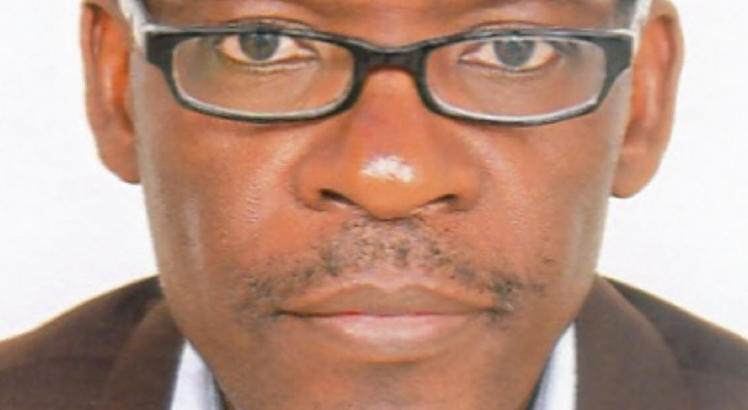From MBC to the world
In February 1983, a 25-year-old presenter was introduced to MBC staff at Chichiri Broadcasting House (BH) in Blantyre. He was Gerald Nyamatcherenga.
Marvin Hanke, Theatre of the Air and Writer’s Corner presenter, recalls: “Gerald’s stature is relatively small and seeing him for the first time, I doubted his skills and talents for the job.
“[But] he proved me wrong the first time I heard him on radio. There was dynamite in that small package and he was a fast learner.”

Veteran presenter Owen Lupeska remembers Nyamatcherenga as a daring go-getter.
“If you ask me how best to describe Gerald, I have very few words: Ambitious and hard-working, highly disciplined, focused,” explains Lupeska. “He used MBC not to retire there, but as a springboard for higher achievements.”
Nyamatcherenga worked with MBC for 17 years until July 2000 when he ventured into communication consultancies with international agencies on the continent and Asia.
“Since I left MBC, my first international experience was in Afghanistan in 2004. Currently, I am in Rwanda, where the terrain reminds me of Swaziland, where I worked from 2018 to 2019,” he adds.
The holder of master’s degree in Journalism from Cardiff University in the UK now works as the strategic communication expert with a European Union project in Rwanda.
At MBC, he produced The Morning Basket, Business Spectrum, Nthawi ya Anyamata and Hits of the 80s, among other programmes.
Nyamatcherenga hails from Billy Village, Chief Ngabu in Chikwawa.
He recalls being trained for just a month at the radio station before he went on air.
The father of two girls and a boy narrates: “It came as a surprise when one day, after lunch, my then-boss, the late Dyson Mzumara, asked me to join Mercy Chipeta who was presenting Nyimbo za Kumudzi in the studio. It was a moment I knew I was finally at MBC.”
His defining moments included reporting the first democratic election in Mozambique in October 1994. He was among five media practitioners selected by the European Parliamentarians for Southern Africa to cover the post-war election under the UN Operation in Mozambique (Unomoz).
He recalls: “The late Edward Chitsulo and I usually called each other Unomoz.
“That kept our memories alive about Maputo, where on arrival, we experienced gunfire. Bullets were flying above our heads and we immediately lay on the ground to protect ourselves.”
Nyamatcherenga turns 64 in September this year.
He recalls a controversial interview with a British media trainer who openly criticised MBC for treating Cabinet ministers’ events as news. This stirred “a whirlwind”, signalling a revolution at “the mother radio” long accused of parroting State propaganda.
The Nation carried a cartoon of a radio set sarcastically broadcasting ministers’ itineraries. The cartoon was reproduced in the UK.
But Nyamatcherenga also had bad days at work. He was suspended after just two weeks on air for misrepresenting founding president Kamuzu Banda’s crop inspection tour in Kasungu.
Then Kamuzu was supposed to visit Chankhanga, but the programme was postponed without any notice to the announcer on duty the next morning. Ignorantly, Nyamatcherenga opened the station at 5am with the unrevised line-up.
Nyamatcherenga recalls: “What followed was an experience I’ll never forget.
“I received several calls from MBC seniors… One of them drove to MBC that early hour to take over and he told me to go home until further notice.”
This left the new announcer confused until the then general manager, the late Tony Kandiero, returned from Geneva, Switzerland. During a disciplinary hearing, Kandiero found a trembling Namatcherenga not guilty of “any issue to warrant dismissal or suspension”.
Two decades on, Nyamatcherenga remembers his stay at MBC as “enriching”, having travelled across the country, southern Africa and oversees.
“MBC used to compete with other State broadcasters and got awards: Its fierce competitors were State broadcasters in Zimbabwe, Kenya and Ghana,” he says.
But the veteran is not impressed by the speed, pronunciation, pitch and accent of some news readers.
He has a word for them: “Never use borrowed accent to sound like a foreigner on a national radio or TV because that takes away the flavour of your national identity.
“The essence of broadcasting is not to impress, but to communicate.





